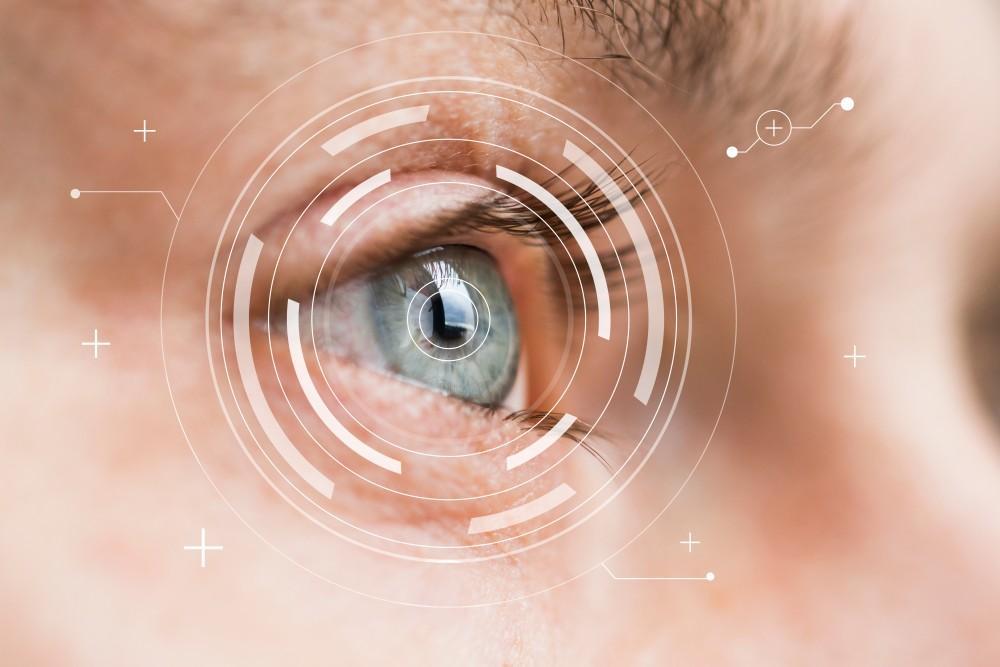
Recovering From Laser Eye Surgery? Keep These Tips in Mind

Laser eye surgery can be life-changing, freeing you from the hassle of glasses or contacts. But your recovery is just as important as the procedure itself to make sure you heal properly and get the best results.
Stephen Khachikian, MD, is a leading ophthalmologist in Rapid City, South Dakota, who performs laser eye surgery — such as laser-assisted in situ keratomileusis (LASIK) and photorefractive keratectomy (PRK) — to give you clearer, sharper vision.
Whether you struggle with nearsightedness, farsightedness, or astigmatism, Dr. Khachikian works closely with you to make sure you get the best results. This includes setting you up for success with a helpful aftercare plan that guides you through each step of your recovery from laser surgery.
Following are seven tips to keep in mind after laser eye surgery that can help protect your eyes and ensure you enjoy a smooth recovery.
1. Give your eyes a break
Your eyes need time to heal after laser eye surgery. Avoid strenuous activities, especially anything that involves heavy lifting or intense exercise until Dr. Khachikian says it’s OK. Taking it easy for the first few days helps your eyes recover without unnecessary strain.
2. Put down your electronic devices
Staring at screens for long periods can cause eye strain, especially after laser surgery. Try to minimize your screen time for the first few days. If you need to use your phone or computer, take frequent breaks — your eyes will thank you later.
3. Wear UV-protective sunglasses
Your eyes are extra sensitive to light after laser surgery, so it’s important to protect them from UV rays. Always wear sunglasses when you’re outside, even on cloudy days. Look for sunglasses that block 100% of UVA and UVB rays to keep your eyes safe.
4. Switch your shower to a bath
In the first few days after surgery, avoid getting any water or soap in your eyes. Taking a bath instead of a shower can help prevent accidental splashes, making it easier to keep your eyes dry and clean while they heal.
5. Don’t rub your eyes
It’s natural to want to rub your eyes if they feel dry or irritated, but resist the urge following laser surgery. Rubbing your eyes can slow down the healing process and increase your risk of infection or complications. Instead, use the lubricating drops Dr. Khachikian prescribes to ease any discomfort.
6. Prepare meals beforehand
In the first few days after surgery, you may want to avoid cooking or doing anything that requires a lot of focus. Prepping some ready-to-eat meals before your surgery can make your recovery easier — so you can focus on rest without worrying about meal prep.
7. Follow your aftercare instructions carefully
Dr. Khachikian gives you a detailed aftercare plan, including how to use your prescribed eye drops and when to schedule follow-up appointments. Stick to these instructions closely — they’re designed to help your eyes heal properly and keep your recovery on track.
The steps you take after laser eye surgery can directly affect your results. For more tips on caring for your eyes after surgery, contact Stephen Khachikian, MD, today.
You Might Also Enjoy...


I’m Not a LASIK Candidate. What About PRK?

Telltale Signs Your Eye Problem Is a Cornea Issue

Why Are Cataracts Common In Seniors?

Can You Prevent Keratoconus From Getting Worse?


